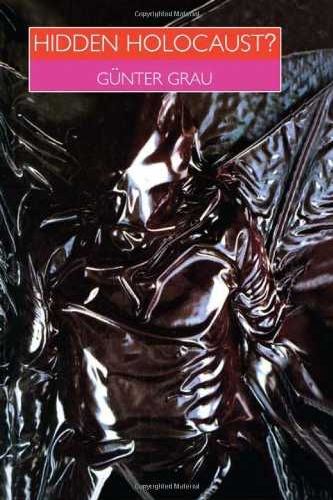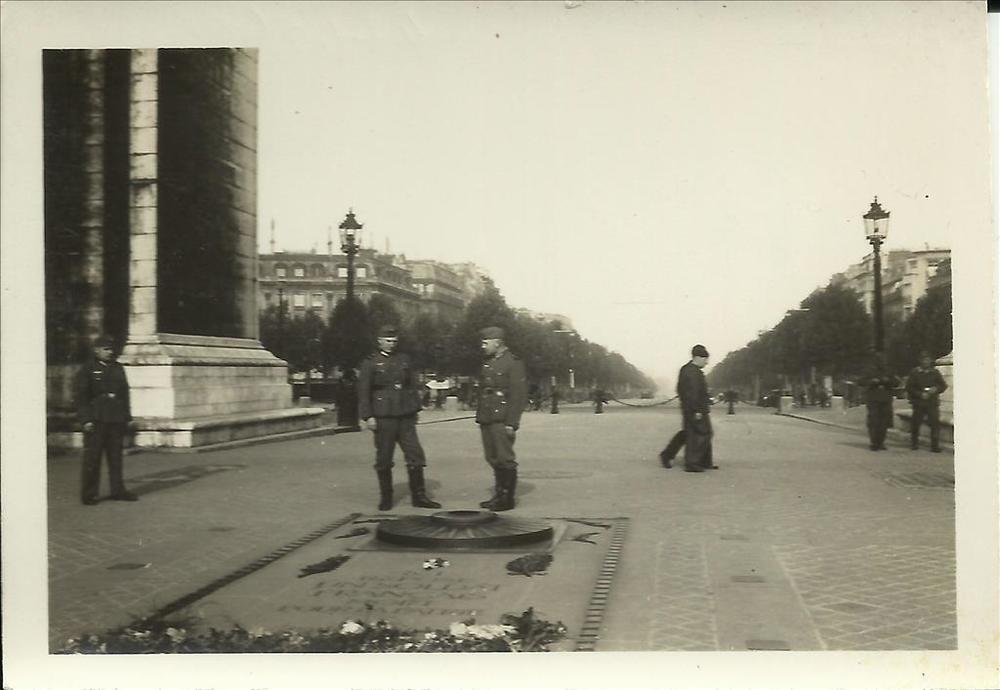Homosexuality and Comradeship : Destabilizing the Hegemonic Masculine Ideal in Nazi Germany
Abstract: This article looks at the experiences and perspectives of homosexual men in Nazi Germany - in particular, at homosexual veterans of World War I. How did homosexual men perceive "hegemonic masculinity" and ideals of comradeship during the Third Reich? The central argument is that the Nazi regime's emphasis on heterosexuality as an essential masculine trait was contested by homosexual veterans, who attempted to exert agency by actively defining notions of "masculinity," the nature of their homosexuality, as well as their status in the Volksgemeinschaft (people's community). The ways in which homosexual men perceived homosexuality in relation to hegemonic masculine norms were diverse: whereas some tried to argue for the compatibility of homosexuality and martial masculinity, those who were arrested often distanced themselves from their homosexual identity. The testimonies of veterans, available in Gestapo police interrogation records, suggest how subjective constructions of sexual identity both undermined and reinforced hegemonic masculine ideals.
- Jason Crouthamel
- IHLIA LGBTI Heritage
- webartikelen
- dgb artikelen (crout/hom)
- krijgsmacht
- homoseksualiteit
- soldaten
- homomannen
- 1910-1920
- duitsland
- lhbtq+-veteranen
- machismo
- eerste wereldoorlog
- nazisme
- masculiniteiten
- seksuele identiteit
- mannenvriendschappen
Bij bronnen vindt u soms teksten met termen die we tegenwoordig niet meer zouden gebruiken, omdat ze als kwetsend of uitsluitend worden ervaren.Lees meer











